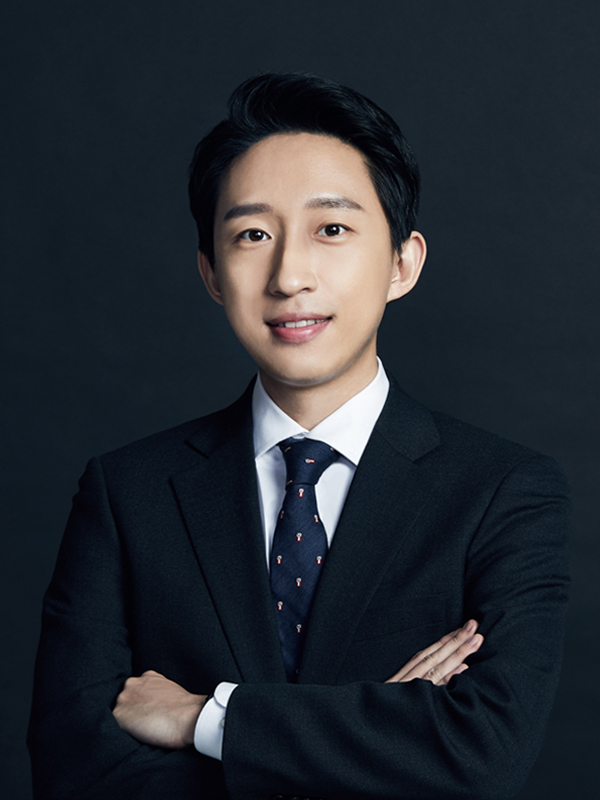[Case No. Supreme Court decision 2014gahap589454 dated April 24, 2020]
This is a case in which an employee improperly disclosed confidential materials of a former employer to a new employer in competition. The court held that even if the materials are not protected as trade secrets, the employee’s act is deemed a breach of duty of good faith and the employee and the new employer are jointly liable for 90% of the damage suffered by the former employer.
The employee started working at the company which develops, manufactures and sells heating and cooling system and parts in March 2007. As the engineering business division head, the employee managed the technical development and IT system management. The employee had a conflict with the company president and resigned in October 2010. The employee unlawfully copied and stored various files of the research and development lab on a hard disk, and then took them from the company. The employee then started working at a competitor in December 2010. The affiliates of the former employer then filed a lawsuit against the employee and the competitor seeking compensatory damage.
The Seoul Central District Court found that if an employee unlawfully takes the company materials to use for personal benefit or to disclose to a competitor, even if the materials are not protected as trade secrets, the employee would be deemed to have committed a breach of duty of good faith as long as the materials are not available to the public and not accessible by the designated parties; the materials were acquired or developed by the designated parties with substantial time, effort and cost; and the materials are important business assets amounting to certain competitive advantage.
The court further found that the materials in this case were not available to the public or accessible except via the employees of the affiliates; acquired or developed as a result of significant time, efforts and costs; and major business assets which could result in a competitive advantage by a competitor like the new employer of the employee. Meanwhile, the court found that the employee’s act was with relations to the business operation for the new employer and therefore not only the employee but also the new employer was vicariously liable to compensate the damage. The court declared 10 million to 100 million KRW per material for some of the materials and 1 million per material for some others.
The court, however, limited the liability to 90% of the damage in view of the fact that the plaintiffs were negligent in maintaining the materials in shared drives where anyone could access and copy; the plaintiffs did not implement the rules of employment which specify the confidentiality provision at the time of the improper disclosure; and it was unclear whether the plaintiffs properly implemented the rules for document management and security management.
Jipyong News|Newsletter_Labor & Employment
[Recent Court Case 7] In case an employee improperly disclosed confidential materials of the former employer to a new employer in competition, the employee and the new employer are jointly liable even if the materials are not protected as trade secrets.
2020.04.24
Newsletter_Labor & Employment
[Case Highlight 3] Successful representation in appeal on preliminary injunction against interference with church service
2020.05.29
Newsletter_Labor & Employment
[Recent Court Case 5] Using dispatched foreigners employed by another employer is not the type of employment which is prohibited under the Immigration Act.
2020.05.14
